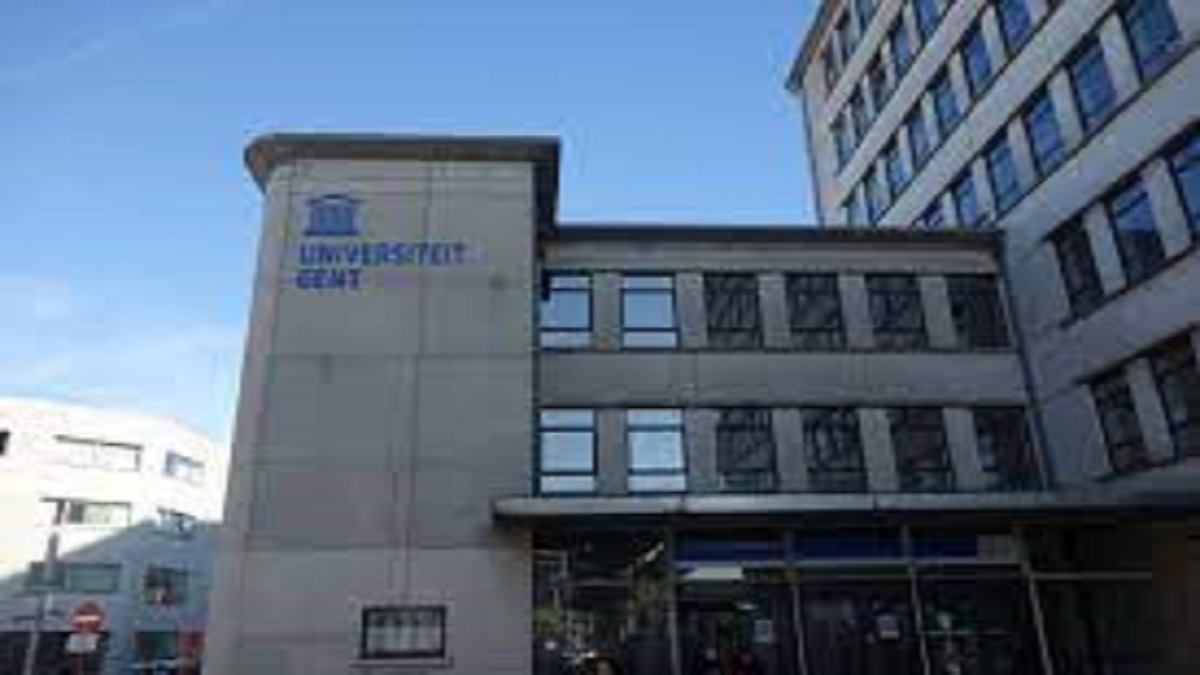Job description
CAVElab is seeking three highly motivated PhD students to work on the ERC project SPACETWIN: Digital twins for understanding forest disturbances and recovery from space.
About CAVElab – Our lab studies vegetation dynamics, carbon and water cycling of terrestrial ecosystems. CAVElab has a strong focus on tropical forests, but a broad interest in all types of terrestrial ecosystems, including projects on temperate forests, drylands and urban ecosystems. Process-based vegetation modelling and 3D forest reconstructions are our core research tools, the questions arising from the modelling work require dedicated fieldwork activities.
SPACETWIN: Forests worldwide are undergoing large-scale and unprecedented changes in terms of structure and species composition due to anthropogenic disturbances, climate change and other global change drivers. Climate, disturbances and forest structure are all closely linked: changes in climate can lead directly to physical changes in forest structure and vice versa or to an anticipated increase in forest disturbances. However, it is still uncertain how forest structure is impacted by disturbances (locally) and how we can detect and monitor various levels of disturbance regimes using spaceborne satellite data (globally).
This project will focus on the impact of drought, fire and logging disturbances across a range of tropical and temperate forest ecosystems. It will lead to a step-change in our ability to observe, quantify and understand forest disturbances and recovery by using time series of the most detailed structural and radiometric 3D forest models ever built: ‘digital twin’ forests. The key innovations will be: (1) the establishment of an unprecedented 4D dataset across 57 disturbed sites using terrestrial laser scanning (~11,500 individual trees); (2) the development of next generation methods to enable big data science of forest point clouds; (3) the identification of key axes of variation of disturbed tree and forest structure; (4) the first ever implementation of digital twins for optical and microwave radiative transfer modelling; (5) the near-real time inversion of remote sensing of forest disturbances using emulation; and (6) the embedding of forest structure in the global observation process to understand the uncertainties in monitoring disturbances. These innovations will open a realm of untapped research questions and applications that call for the most detailed 3D information on canopy structure possible. These insights are also urgently needed to reduce uncertainties and advance the forecasting of carbon stocks and dynamics within the context of the IPCC.
Job profile
General profile of the candidate:
- MSc degree in a relevant field (Bioscience Engineering, Computer Science, Forestry, Remote Sensing, Surveying, Physics, Environmental Sciences, Artificial Intelligence or related fields).
A passion for nature and forests and a keen interest in forest ecology - Keen to carry out fieldwork (Peru, Guyana, Gabon, Brazil, Australia & USA)
- Knowledge of programming languages such as R, Matlab or Python
- A good command of English, both written and oral
- Willingness to collaborate and be a team player with good communication skills. This is a cluster hire of 3 PhD students. We aim to hire a team, not just 3 individuals.
All PhD students are expected to participate in the fieldwork. Additional to the above, the three specific research topics require more specific skills. Indicate in your application, which position you are most interested in:
1) Forest Ecology & terrestrial laser scanning
2) Remote Sensing & radiative transfer modelling
3) Computer Science & Artificial intelligence
Our offer:
- A full-time PhD fellowship (4 years)
- Tentative starting date: November 2022
- The successful candidates will be based in Ghent
- 35 days annual leave per full calendar year, full benefits on www.ugent.be/en/work/phd/bursaryabc.htm
- Collaboration in a young and dynamic international scientific team. Life-work balance is important for us.
- Please mention your favourite animal in your motivation letter so we can check that you at least read this vacancy in full
How to apply
How to apply:
Application submission (CV and application letter) through this google form: https://forms.gle/tvNVDyjwz4FGHM6F6 | Application deadline: 20 August 2022 | Notification of selection for interview: Early September | Interviews (online): Late September
[You will receive a notification after submitting your application – please check your spam folder]
More information:
Prof. Kim Calders | kim.calders@ugent.be | www.cavelab.ugent.be
